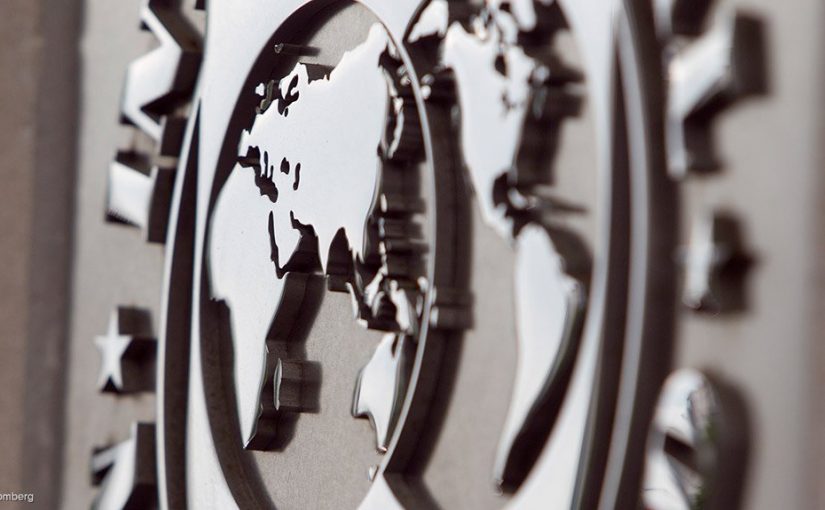Mozambique: South Korea pledges 14.8 million dollars for school construction
Mozambique: Central bank should cut reserve ratios for commercial banks – IMF

File photo: Reuters
The International Monetary Fund has advocated reducing the “high” reserve ratios that the Bank of Mozambique requires from commercial banks in the country, in order to boost the economy, advising that this measure be replaced by alternatives to absorb excess liquidity and for the remuneration of the economy.
“Reducing high reserve requirements is essential to ease financial conditions. Although the Mozambican financial system has a structural liquidity surplus, significant increases in required reserves in 2023 [from around 10% to 40%] (… ) may have been greater than necessary to absorb excess liquidity,” reads the IMF report on the fourth evaluation of the Extended Credit Facility (ECF) program, concluded this month.
Mandatory reserves made by Mozambican banks fell in May to 251,192 million meticais (€3,628 million), according to central bank data, as reported earlier this month by Lusa.
According to a statistical report from the Bank of Mozambique, the volume of these reserves compares with the record of 255,158 million meticais (€3,698 million) in March, which fell in April to 254,290 million meticais (€3,673 million).
“The Bank of Mozambique should refrain from using minimum reserves as an instrument of active policy. In the medium term, the Bank of Mozambique should also remunerate mandatory reserves at the policy rate, while at the same time absorbing excess reserves through a placement method total fixed rate,” warns the IMF, adding that “otherwise, high and uninteresting reserve requirements could increase risks to financial stability and hamper monetary transmission”.
The IMF says in the document that “to reduce distortions caused by high mandatory reserves” applied to banking, “which can act as a tax on the financial system”, the Bank of Mozambique “must develop analytical tools to evaluate the amount of excess structural liquidity and adjust required reserve ratios” so that an “appropriate volume of direct transactions” continues “to safeguard monetary transmission”.
The mandatory reserves of commercial banks at the central bank were set by the Bank of Mozambique at a ratio of 10.5% in national currency and 11% in foreign currency at the beginning of January 2023, but in the first six months of 2023, the central bank increased this ratio twice on the basis that it was necessary to “absorb excessive liquidity in the banking system, with the potential to generate inflationary pressure”.
The last of these increases took place in June last year, reaching 39% of deposits in national currency and 39.5% in the case of foreign currency remaining in bank reserves.
In 12 months to the end of April this year, the volume of these mandatory reserves made by Mozambican banks grew by 53.3%, an increase that rises to 306% since the end of December 2022, when they amounted to 62,144 million meticais (€900 million).












Leave a Reply
Be the First to Comment!
You must be logged in to post a comment.
You must be logged in to post a comment.